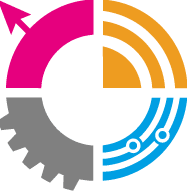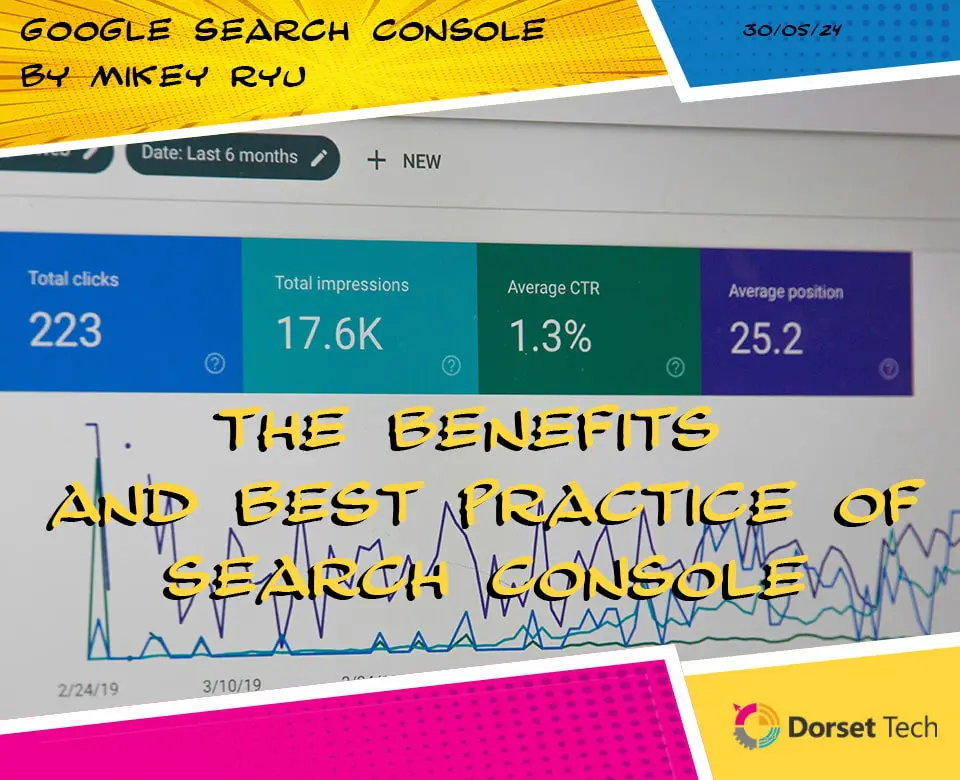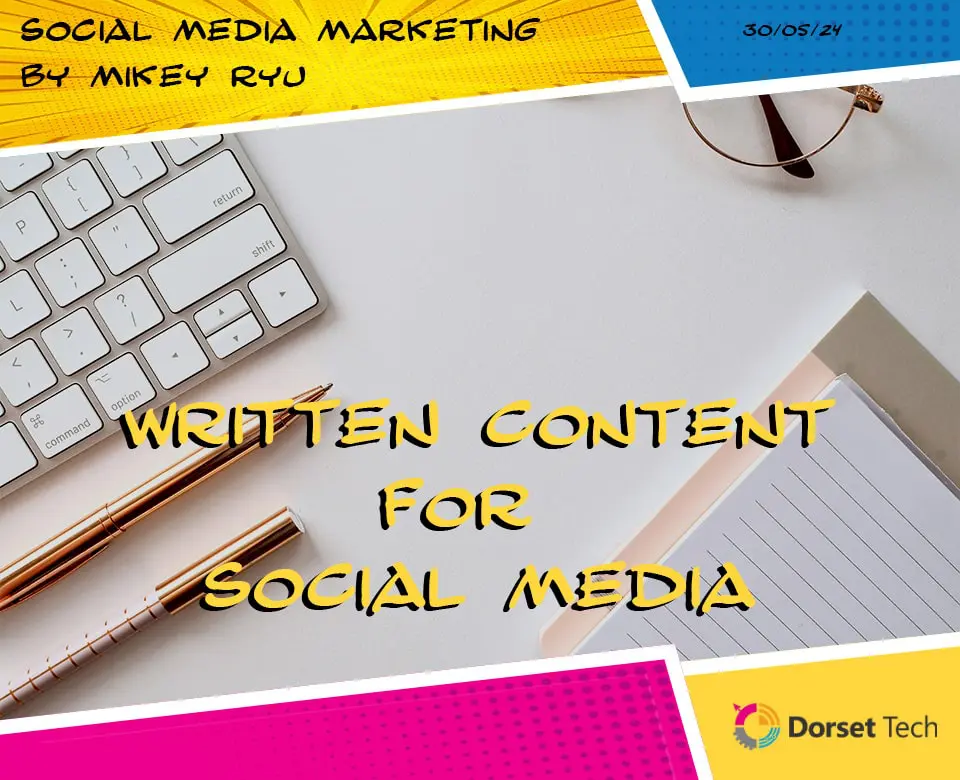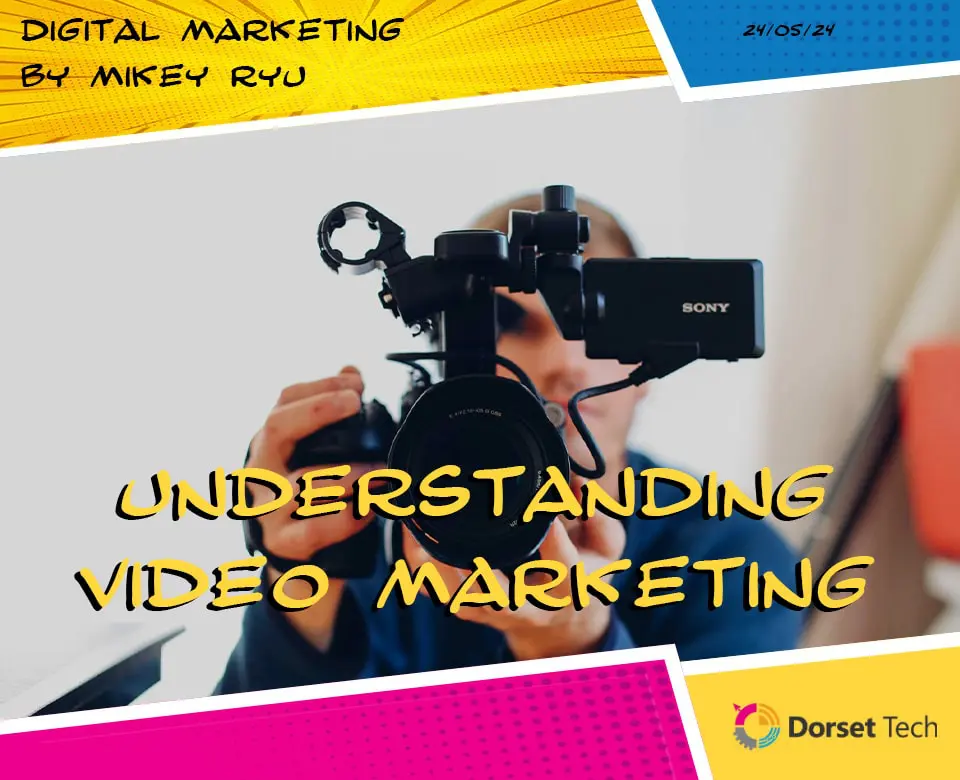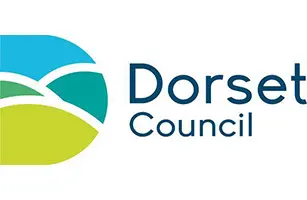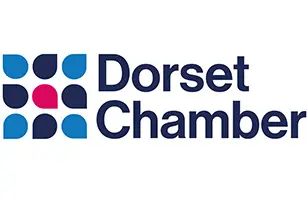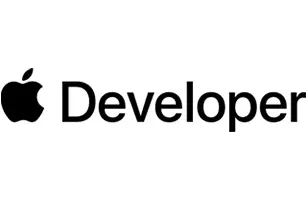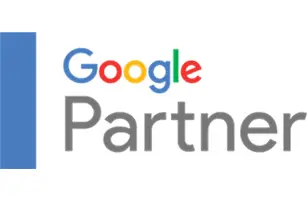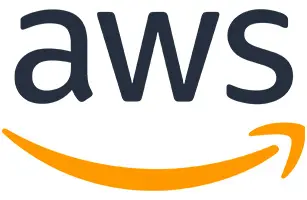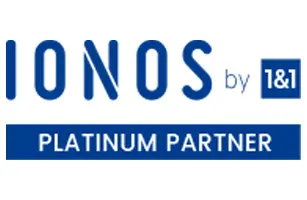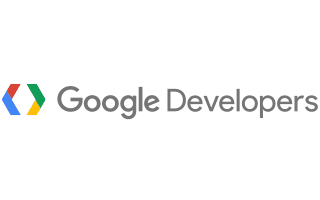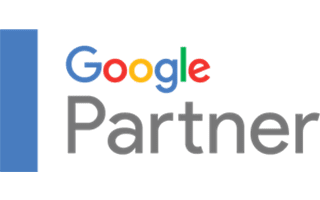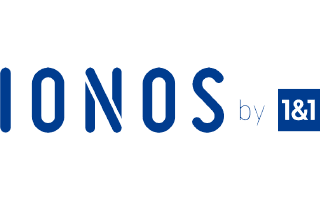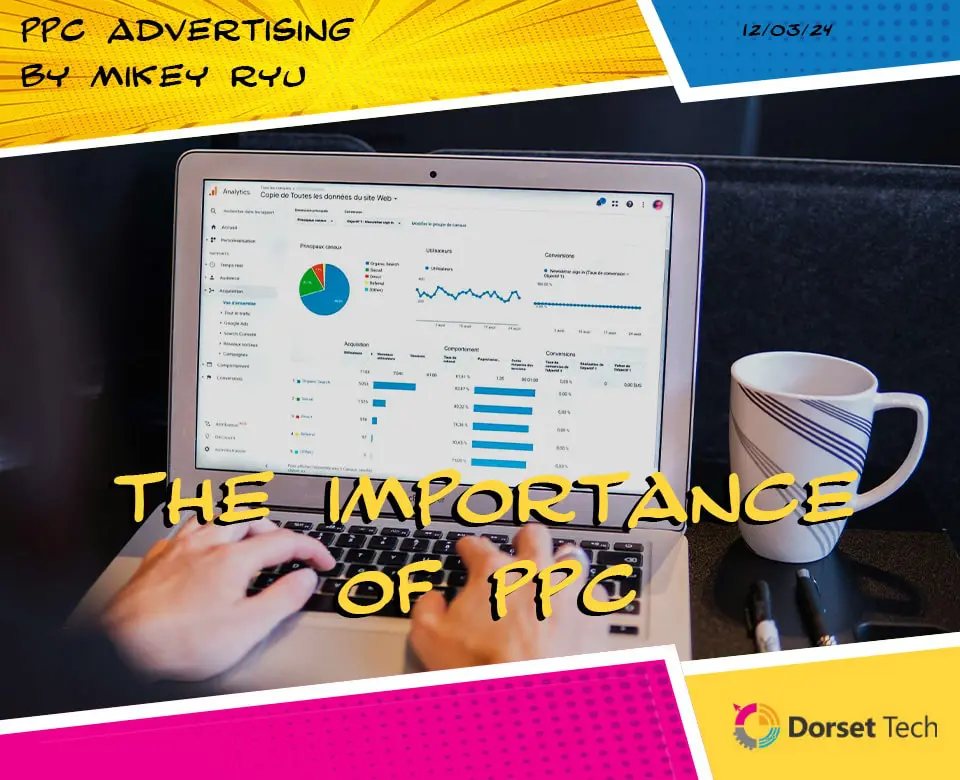
The Importance of PPC
In the ever-evolving landscape of digital marketing, Pay-Per-Click (PPC) advertising has emerged as a formidable tool for businesses seeking to expand their online presence, attract targeted traffic, and drive measurable results. While organic methods like SEO and content marketing play a crucial role in a comprehensive marketing strategy, PPC offers unique advantages and benefits that cannot be overlooked. In this comprehensive guide, we’ll delve into why PPC matters and how it can help businesses achieve their marketing objectives in a competitive digital environment.
Understanding PPC Advertising: A Brief Overview
Before we explore the significance of PPC advertising, let’s first establish what it entails. PPC advertising is a digital marketing model in which advertisers pay a fee each time their ad is clicked. These ads appear prominently on search engine results pages (SERPs), social media platforms, websites, and other digital channels, allowing businesses to reach their target audience with precision and efficiency. Unlike traditional advertising methods, PPC offers granular targeting options, real-time tracking, and the ability to adjust campaigns on the fly, making it a highly effective and scalable marketing solution.
1. Instantaneous Results and Immediate Visibility
One of the primary reasons why PPC matters is its ability to deliver instantaneous results and immediate visibility for businesses. Unlike organic methods like SEO, which can take months to yield significant results, PPC campaigns can be launched quickly and start driving targeted traffic to your website almost immediately. This means that businesses can achieve visibility and generate leads in a short amount of time, making PPC an ideal solution for time-sensitive promotions, product launches, or seasonal campaigns.
2. Precise Targeting and Audience Segmentation
PPC advertising offers unparalleled targeting options, allowing businesses to reach their ideal audience with pinpoint accuracy. Platforms like Google Ads, Facebook Ads, and LinkedIn Ads offer sophisticated targeting features based on demographics, interests, behaviours, and even specific keywords or search queries. This level of precision enables businesses to tailor their messaging to different audience segments, deliver personalised experiences, and maximise the effectiveness of their ad campaigns.
3. Cost-effective and Measurable ROI
One of the key advantages of PPC advertising is its cost-effectiveness and measurable return on investment (ROI). With PPC, advertisers only pay when their ads are clicked, allowing for greater control over advertising spend and ensuring that budgets are allocated efficiently. Additionally, PPC platforms provide robust analytics and reporting tools that allow businesses to track key metrics such as clicks, impressions, conversions, and ROI in real time. This level of transparency enables businesses to optimise their campaigns, identify areas for improvement, and maximise their ROI over time.
4. Flexible and Scalable Campaign Management
PPC advertising offers unparalleled flexibility and scalability, allowing businesses to tailor their campaigns to their specific goals and objectives. Whether you’re looking to increase website traffic, generate leads, drive sales, or promote brand awareness, PPC offers a variety of ad formats, targeting options, and bidding strategies to suit your needs. Furthermore, PPC campaigns can be easily adjusted, paused, or scaled up/down based on performance, market conditions, or business objectives, providing businesses with the agility and control they need to stay competitive in a dynamic digital landscape.
5. Complementary to Organic Marketing Efforts
While PPC advertising offers numerous benefits on its own, its true power lies in its ability to complement and enhance other marketing efforts, particularly organic methods like SEO and content marketing. By leveraging PPC in conjunction with organic strategies, businesses can amplify their online visibility, dominate search engine results pages, and reach their target audience at various stages of the buyer’s journey. For example, PPC can be used to drive immediate traffic and conversions, while SEO and content marketing work to build long-term authority, trust, and organic traffic over time.
6. Competitive Advantage and Market Insights
In today’s hyper-competitive digital landscape, staying ahead of the competition is essential for business success. PPC advertising provides businesses with valuable insights into market trends, consumer behaviour, and competitor strategies, allowing them to make data-driven decisions and gain a competitive edge. By monitoring keyword performance, ad copy effectiveness, and competitor activity, businesses can identify opportunities, capitalise on emerging trends, and optimise their campaigns for maximum impact.
Conclusion
In conclusion, PPC advertising matters because it offers businesses a powerful and versatile marketing solution to achieve their goals, reach their target audience, and drive measurable results in a competitive digital landscape. With its ability to deliver instantaneous results, precise targeting, cost-effective ROI, flexible campaign management, complementary to organic efforts, and competitive advantage, PPC is a valuable addition to any marketing strategy. By harnessing the power of PPC advertising, businesses can maximise their online visibility, generate leads, increase sales, and ultimately, grow their bottom line in today’s dynamic and ever-evolving digital marketplace.

